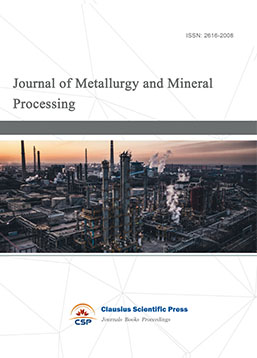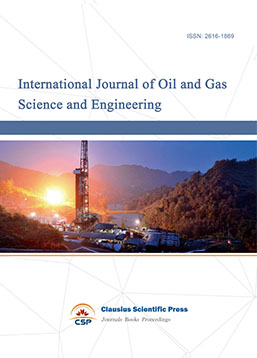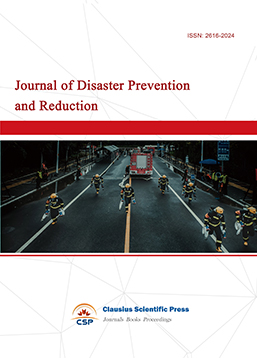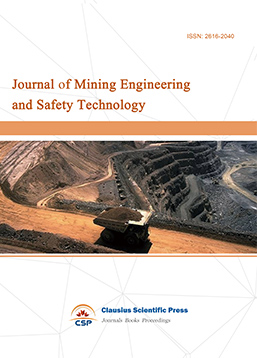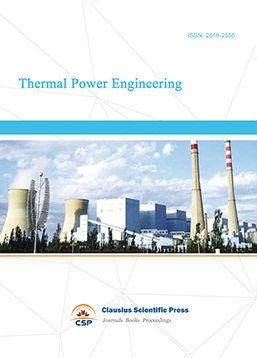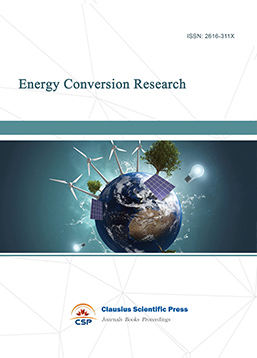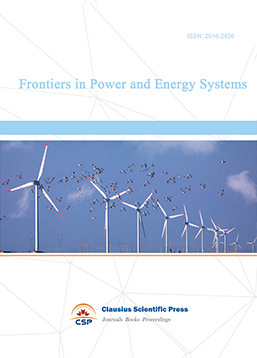Research on Energy Saving Management Models for Coal-Fired Power Plants in the Context of New Energy
DOI: 10.23977/ssge.2023.050103 | Downloads: 18 | Views: 1323
Author(s)
Yanting Shi 1
Affiliation(s)
1 China Energy Longyuan Environmental Protection Co., Ltd, Beijing, China
Corresponding Author
Yanting ShiABSTRACT
With the increasing severity of global climate change and environmental issues, the development of new energy has become an essential part of the energy strategy of various countries. New energy technologies, characterized by their cleanliness and renewability, are gradually replacing traditional energy sources, shaping the future trend of energy development. In this context, coal-fired power plants, representing a traditional energy industry, are facing immense pressure and challenges. To address these challenges, coal-fired power plants need to actively explore and implement energy-saving management models, improve energy efficiency, and reduce environmental pollution, adapting to the trend of new energy development. This involves optimizing the energy structure and integrating new energy generation technologies to progressively reduce the proportion of coal-fired power generation, thereby decreasing carbon emissions and energy consumption. Furthermore, coal-fired power plants should utilize advanced technology and equipment to enhance coal combustion efficiency and reduce energy wastage in production processes. The transformation process requires coal-fired power plants to actively adapt, adopting effective energy-saving management models to align with the trend of new energy development. Over time, this will enhance the competitiveness and sustainability of coal-fired power plants, promoting the optimization of China's energy structure and advancements in environmental protection.
KEYWORDS
New Energy Context; Coal-Fired Power Plants; Management ModelsCITE THIS PAPER
Yanting Shi, Research on Energy Saving Management Models for Coal-Fired Power Plants in the Context of New Energy. Smart Systems and Green Energy (2023) Vol. 5: 17-22. DOI: http://dx.doi.org/10.23977/ssge.2023.050103.
REFERENCES
[1] Yang, X., Niu, D., Chen, M., Wang, K., Wang, Q., Xu, X. An Operation Benefit Analysis and Decision Model of Thermal Power Enterprises in China against the Background of Large-Scale New Energy Consumption [J]. Sustainability. 2020, 12: 4642.
[2] Huang, H., Liang, D., Liang, L., Tong, Z. Research on China’s Power Sustainable Transition Under Progressively Levelized Power Generation Cost Based on a Dynamic Integrated Generation–Transmission Planning Model [J]. Sustainability. 2019, 11: 2288.
[3] Zhou, Y.F., Hu, W.; Min, Y., Gao, K., Jin, X.M. Peak Regulation Compensation Price Decision for Combined Heat and Power Unit and Profit Allocation Method[J]. Proc. CSEE. 2019, 39: 5325–5335, 5579.
[4] Farghali, M., Osman, A.I., Mohamed, I.M.A. et al. Strategies to save energy in the context of the energy crisis: a review [J]. Environ Chem Lett. 2023, 21: 2003–2039.
[5] Wang, RM., Tian, Z. & Ren, Fr. Energy efficiency in China: optimization and comparison between hydropower and thermal power [J]. Energ Sustain Soc. 2021, 11: 36.
| Downloads: | 1298 |
|---|---|
| Visits: | 85054 |
Sponsors, Associates, and Links

 Download as PDF
Download as PDF